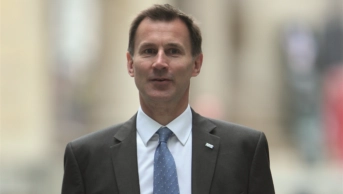
Julia Robinson / The Pharmaceutical Journal
Involving a pharmacist in a health and social care service “significantly” improves its medicines safety, an upcoming Care Quality Commission (CQC) report is expected to say.
Speaking at the Royal Pharmaceutical Soceity’s event ‘Medicines safety debate: Lessons from Gosport’ held on 12 December 2018, Sarah Billington, head of medicines optimisation at the CQC, said that the regulator was planning to publish “a reflection on medicines across the health and care landscape” in 2019.
She said the report on the use of medicines in the health and care landscape “will pull out the themes which we have got from having been to all of the organisations that we regulate”.
Billington explained that when the document is published, the CQC will make recommendations which will be partially based on the fact that “when a pharmacist is involved in the [health or care] service, then medicines safety is significantly improved and that’s an evidence base”.
“If a pharmacist goes into a care home, the medicines will improve significantly in that care home — and so it rolls on across the entire system,” she added.
The CQC previously highlighted the importance of involving pharmacists in multidisciplinary teams in its October 2018 ‘State of Care’ report.
NHS England announced in February 2018 that 240 pharmacy roles in care homes will be deployed by March 2019, supported by the Pharmacy Integration Fund. The new roles will be split between 180 pharmacists and 60 pharmacy technician posts.
The CQC confirmed to The Pharmaceutical Journal that the report on medicines use will be published in 2019, but said no exact date had been set. It declined to comment on an unpublished report.


